FITNESS
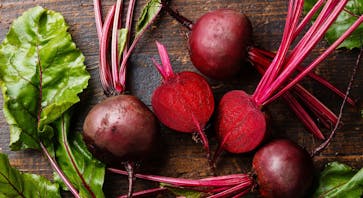
In our 2024 guide, discover how beet supplements boost energy, improve stamina, and enhance circulation.

Learn about the costs and benefits of the six best pea protein powder options in 2024.
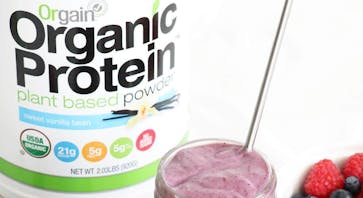
Are Orgain’s protein powders and meal replacements a cut above the competition? Our reviews share all the details.

Best Glutamine Supplement
Our 2024 guide details which glutamine supplement is the best for weight control, muscle recovery, and gut health.
Best Nitric Oxide Supplements
In our guide, learn which nitric oxide supplements offer the best pump, longest workout, and fastest recovery.
Best Lysine Supplements
Find out which of our top-rated lysine supplements could help you improve your health and wellness.
Best L-Citrulline Supplement
In our 2024 guide, discover our top L-citrulline supplement picks and choose the best one for you.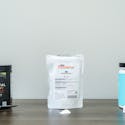
Best Amino Acid Supplements: Top 5 of 2024
Find out which amino acid supplements can best help you gain muscle and move longer in our 2024 guide.
Best Muscle-Building Stack
A muscle-building stack can help you gain lean mass and protect your muscles. Here are the best in 2024.
Chirp Wheel Reviews
Our team reviews Chirp Wheel’s back pain relief system to see if it can soothe your aches in 2024.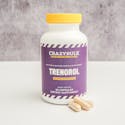
Trenorol Review: Can Trenorol deliver a more toned body?
For our 2024 reviews, we test Crazy Bulk’s Trenorol pre-workout to see if it’s as effective as Trenbolone, yet safe.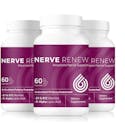
Nerve Renew Reviews
Find out if Nerve Renew’s products can help you wipe out nerve pain before it starts in our 2024 reviews.
A Guide to Interval Training
Learn about this efficient training style and how it could help boost your heart health, strength, and more.
Delayed Onset Muscle Soreness (DOMS): Pain After Exercise
Still sore days after a workout? Learn about delayed onset muscle soreness (DOMS) and how you can find relief.
Functional Fitness Training: Exercise for Everyday Life
Our guide covers functional fitness training basics, health and wellness benefits, and example exercises.
How to Fit Exercise into a Busy Daily Routine
Life gets busy. Make sure exercise fits into your routine with our tips about timing, efficiency, and simple workouts.
Physical Activity Recommendations: Best Types for Adults
27.5% of adults don’t get enough exercise. Learn about different kinds of physical activity and their benefits.LONGEVITY

Replace your daily fish oil supplement with krill oil using the best supplements from our top 5 picks of 2024.

Keep your joints plush and bones sturdy with a joint supplement from our list of the top 7 for 2024.

We examine the pros, cons, costs, and details of our top 7 best fish oil supplements of 2024.

Best NAD+ Supplement
Our experts review the top NAD+ supplements in 2024 to help you pick the right one for your anti-aging needs.
Best NMN Supplement
Learn which NMN Supplements will get you REAL RESULTS and which ones you should avoid [updated 2024].
Best Sea Moss
Find out how our 2024 picks for the best sea moss supplement help with weight loss, heart health, and more.
Best Green Tea Extract
Learn about the potency, prices, and benefits of green tea extract with our top five picks in 2024.
Best Berberine Supplement
Find out which Berberine Supplement is right for you in 2024. Learn about effectiveness, health risks, and more.
Best NAC Supplement: Our Top 5 Picks
Our testing team reveals their top six picks for the best NAC supplement to boost your antioxidants.
GenF20 Plus Reviews
In our GenF20 Reviews, find out if this HGH releaser can reverse aging, improve muscle tone, and boost energy.
Best CoQ10 Supplement
Our team reviews the top 9 CoQ10 supplements to see which ones are best for heart health and longevity.
Tru Niagen Reviews: Can this supplement transform your health?
Tru Niagen is a NR (nicotinamide riboside) supplement - a form of vitamin B3 that studies suggest can improve our health and vitality. Read our full review!MULTIVITAMIN

Learn the best ways to give yourself ‘nutritional insurance’ with the top 6 best men’s multivitamins of 2024.

Our 2024 Ritual vitamins review shares all the details about these multivitamins — quality, pricing, discounts and more.
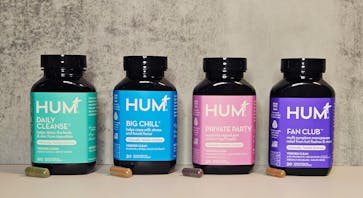
Our 2024 expert review can help you decide if HUM Nutrition offers the ideal supplements for your health needs.
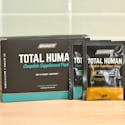
Onnit Total Human Review
Our 2024 expert review of Onnit Total Human supplements covers ingredients, efficacy, cost, and safety.
Life Extension Review: Everything you need to know
Are the products from Life Extension legit? Our 2024 expert review tells you everything you need to know.
Puritan’s Pride Review: Quality Supplements at a Low Price?
Our 2024 expert review of Puritan’s Pride examines the pros and cons of this vitamin and supplement brand.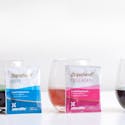
XtendLife Review: Your choice for health supplements and skincare?
Our 2024 XtendLife supplements review tells you all the details about cost, quality, convenience, shipping and more.
iHerb Reviews
Our iHerb reviews examine your opportunities for savings on supplements and other wellness products.MOOD & ENERGY

Our experts try seven effective ashwagandha supplements to help you pick the best one in 2024.

Our 2024 review covers the effects of saffron supplements on inflammation, depression, anxiety, and more.

Our 2024 expert guide to the top five fruit and vegetable supplements can help you learn which is best for you.

Best Amanita Muscaria Gummies
Our 2024 guide to the best Amanita muscaria gummies covers safety, cost, potency, flavor, & discounts.
AG1 Review: Does it live up to the hype?
Our expert review of AG1 looks at safety, cost, taste, convenience, and more. Read this before you buy!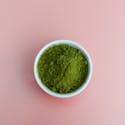
The Best Greens Powders
In our 2024 guide, learn how the top five best greens powders compare in cost, ingredients, taste, and safety.
Best Vitamins for Energy
In our 2024 expert guide, discover the best vitamins and supplements for an energy boost.
Best GABA Supplement
If you’re feeling stressed out, check out our guide for the best GABA supplements of 2024 to center yourselfNOOTROPICS

Our experts compare the top nootropics in 2024 to find out which ones offer the most brain boosting potential.

In this 2024 review, our experts try six formulas from Thesis Nootropics to test their brain-boosting power.
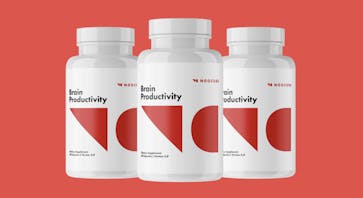
Our 2024 Noocube review dives into the complex blend of natural ingredients that make this nootropic tick.

Magic Mind Review
Our 2024 review of Magic Mind's daily supplement drink explores effectiveness, cost, safety, and taste.
Qualia Mind Review
If your brain could use a boost, see if Qualia Mind can give you the helping hand you need in our 2024 review.
Mind Lab Pro Review
In this review, our experts try Mind Lab Pro to see if its nootropic blend can boost brain power in 2024.
Alpha BRAIN Review
With our expert review of price, ingredients, side effects and more, find out if Onnit’s Alpha Brain helps cognition.
Focus Factor Reviews: Do these brain supplements work?
Our 2024 reviews help you decide whether Focus Factor supplements can improve your focus, memory and overall cognition.PROBIOTICS

We fully explore Bio Complete 3 in our review. Find out if it aids in digestion and weight management.

Our Total Restore reviews tell you whether this supplement can improve your gut health and gut lining.
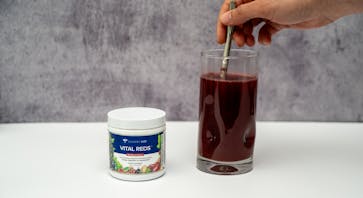
In our 2024 review, find if Vital Reds’ polyphenol blend boosts energy, burns fat, and helps digestion.

Best Leaky Gut Supplements
Learn about the seven best supplements that might support, cushion, and fortify your leaky gut in 2024.
Multi GI 5 Reviews: The right probiotic blend for you?
Our expert reviews of Multi GI 5’s ingredients, cost, and safety help you decide if it’s right for you in 2022.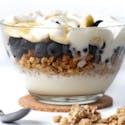
What Can Prebiotics and Probiotics Do For Your Health?
Learn what prebiotics, probiotics, and the trillions of good bacteria in your gut do to improve your health.SEXUAL PERFORMANCE
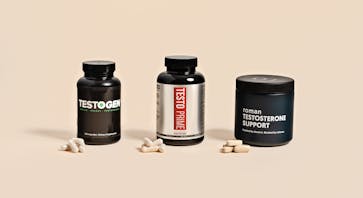
Our comprehensive guide helps you identify which testosterone booster has the best chance to help you.

Our researchers tested the top male enhancement pills to recommend the best options in 2024.
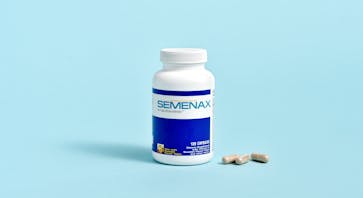
Our 2024 Semenax reviews help you decide if it can improve your libido, semen volume, sperm motility, and orgasms.
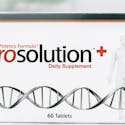
ProSolution Plus Reviews: A supplement to treat PE?
Our team of experts reviews ProSolution Plus to see if it can delay climax in men with premature ejaculation.
Male Extra Reviews: Does the male enhancement supplement measure up?
Our 2024 reviews tell you if Male Extra might be your solution for improved sex drive and stronger erections.
Best Volume Pills
Our complete guide shows you the most effective volume pills to boost the quality and quantity of your semen.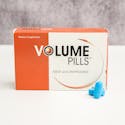
Volume Pills Reviews: Does it boost the quantity and quality of semen?
Our Volume Pills reviews reveal if it can help your libido, semen volume and motility, erections and orgasms in 2024.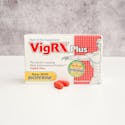
VigRX Plus Reviews: Does it boost male sexual performance?
Our full 2024 VigRX Plus reviews will help you decide if it can improve your libido, erections, and sexual satisfaction.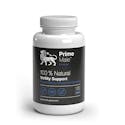
Prime Male Reviews: Effective T-booster or not worth the money?
Our team breaks down the ingredients and potential benefits of this non-prescription testosterone booster.
TestoFuel Review: Is this the right testosterone booster for you?
We examine the ingredients and efficacy of TestoFuel to see if it’s the right testosterone booster for you.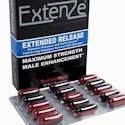
ExtenZe Reviews: A non-prescription pill for treating ED?
Our 2024 reviews tell you if ExtenZe might be your solution for improving your sex drive and treating ED.
Viasil Reviews: The natural performance enhancer for you?
For our 2024 reviews, a testing team evaluates the simple ingredients in Viasil. Is it a top male enhancement pill?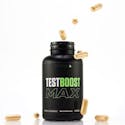
Test Boost Max Reviews: Naturally Increase Your Testosterone Levels
Our expert reviews Test Boost Max will help you decide if it can reliably increase testosterone.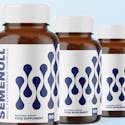
Semenoll Review
Semenoll aims to boost fertility and ejaculate quantity. Do these pills work? Our 2024 reviews share the details.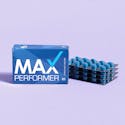
Max Performer Reviews: Can it improve libido and strengthen erections?
Our reviews of Max Performer’s ingredients, cost, and safety will help you decide if it’s right for you.WEIGHTLOSS
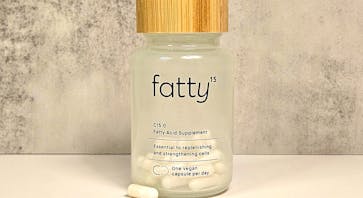
Our 2024 review explores whether fatty15 can help you feel, sleep, and eat better while repairing your cells.
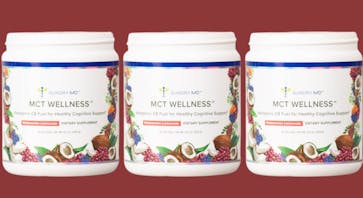
If you’re feeling tired while on a keto diet, MCT Wellness might be the solution. Find out in our 2024 reviews.
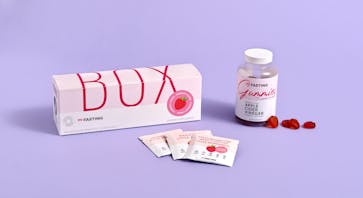
Our 2024 DoFasting reviews help you decide whether the fasting app and supplements will help you lose weight.
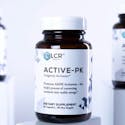
Active PK Reviews
Find out if Active PK can help you lose stubborn abdominal fat in a healthy way in our 2024 reviews.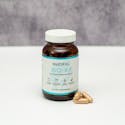
Bio X4 Reviews: Will it lead to weight loss or a healthier gut?
Find out if Bio X4 is high-quality and effective for your gut’s – and waistline’s – health in our 2024 reviews.SUPPLEMENTS FOR HER

Do instant female arousal pills exist? Find the best pills and topicals for supporting your libido in 2024.

Our 2024 review covers if HerSolution may be your solution for improving your sex drive, arousal, and orgasms.
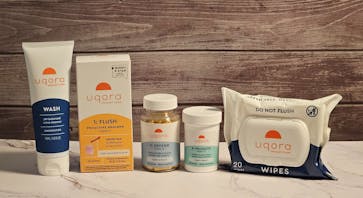
We reviewed Uqora’s UTI supplements for safety, efficacy, pricing, and more in 2024.

Best Menopause Supplements
Find the top menopause supplements to help with hot flashes, mood swings, weight gain, and hair loss in 2024.
Best Creatine for Women
In our 2024 expert guide, find out which creatine supplements are best for women’s weight loss and muscle recovery.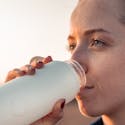
Best BCAA for Women
Find out which BCAA supplements are best for helping women lose weight without sacrificing muscle gains in 2024.








